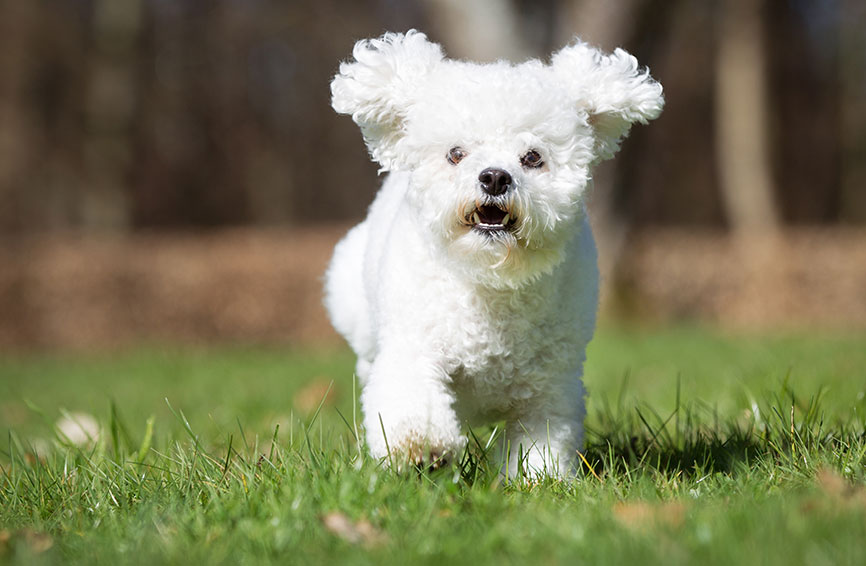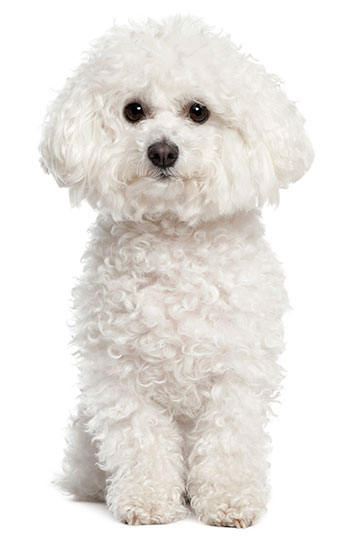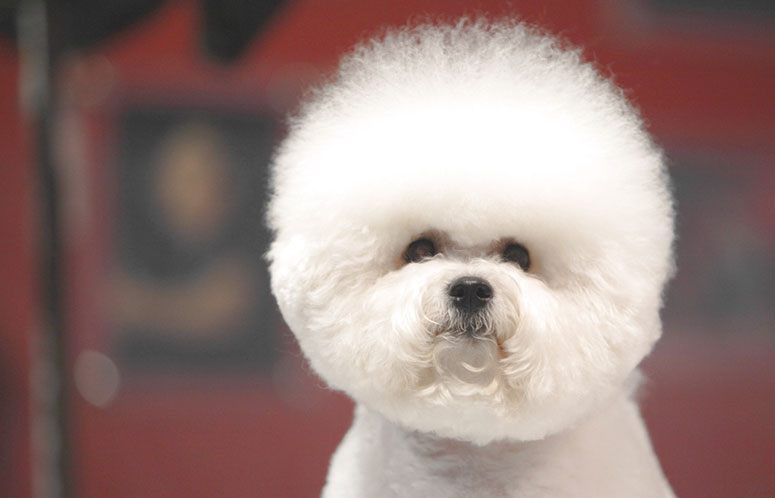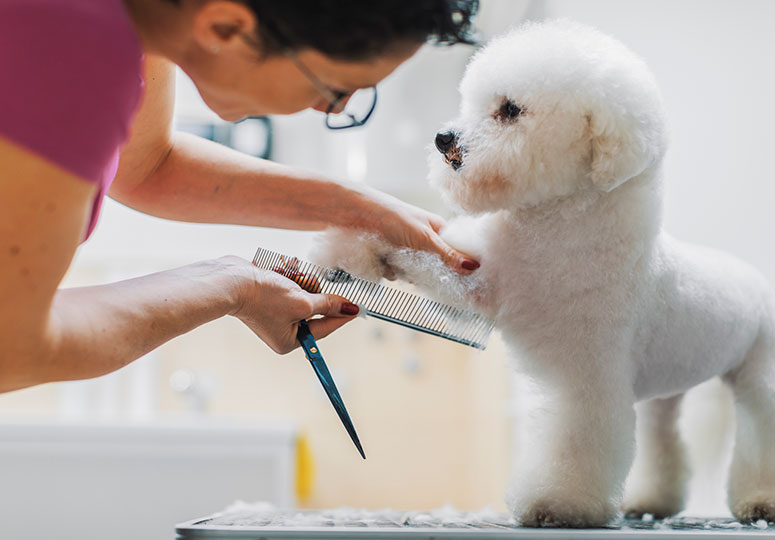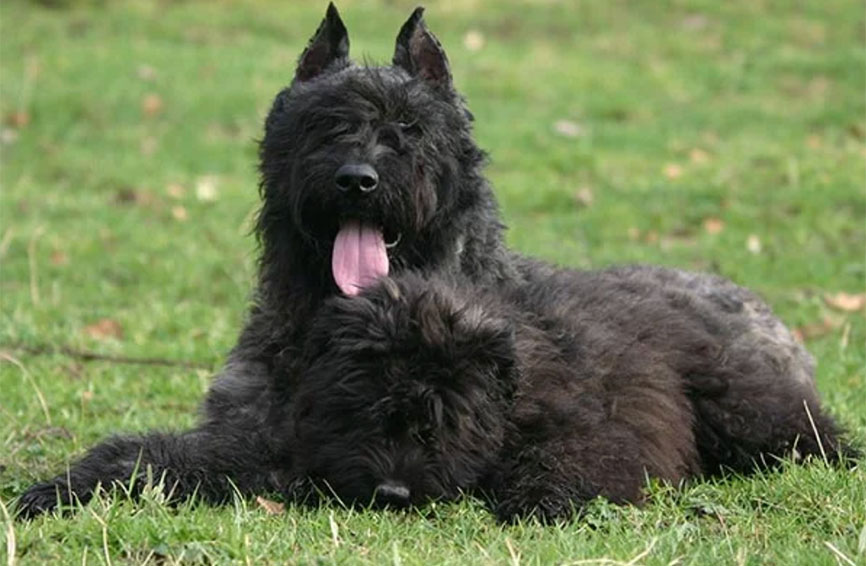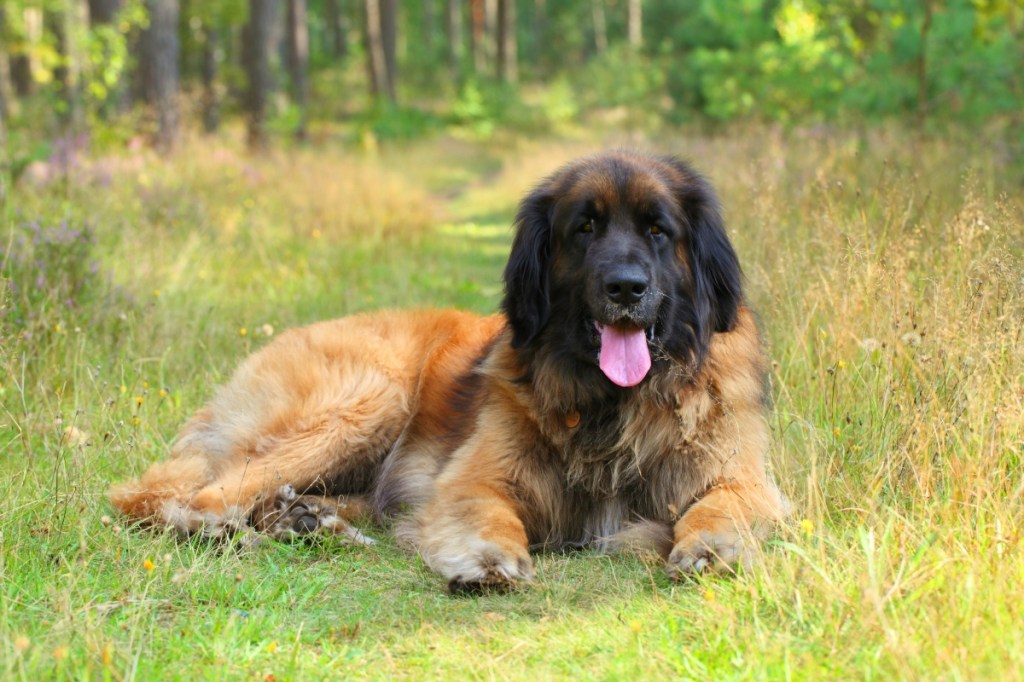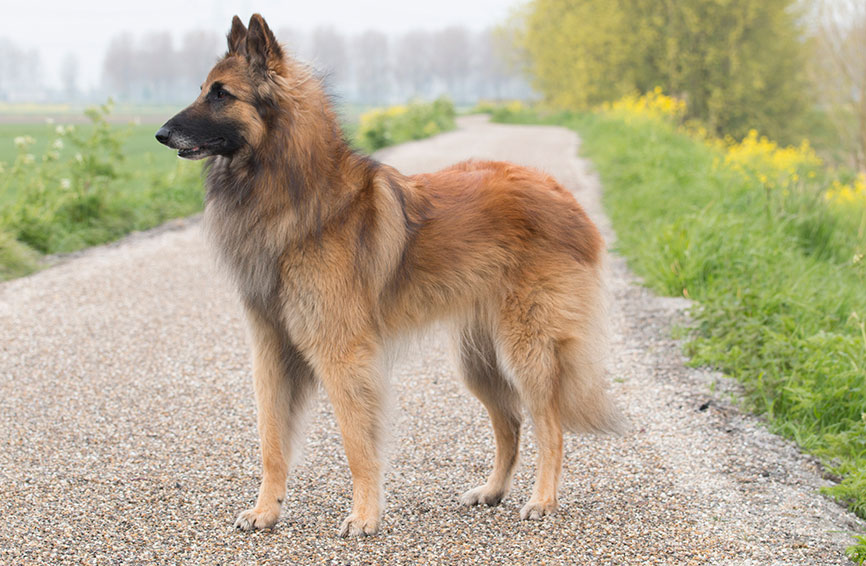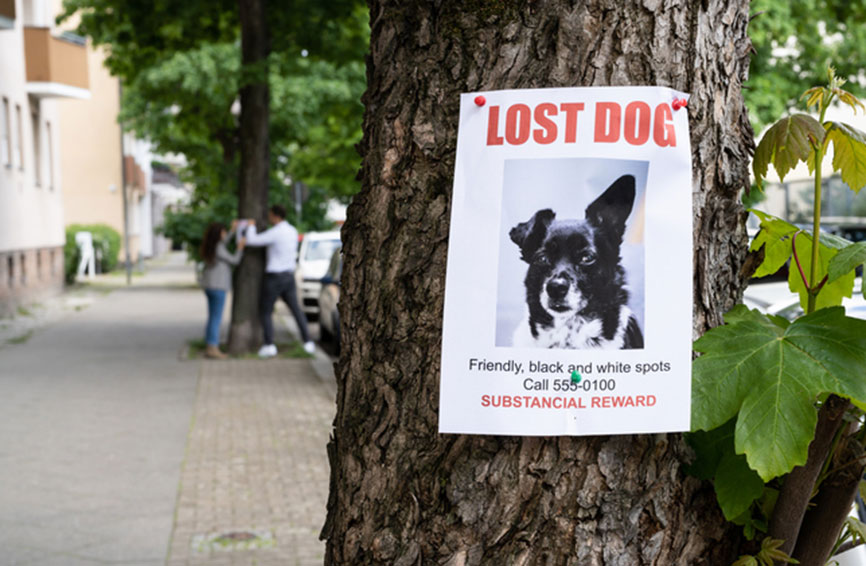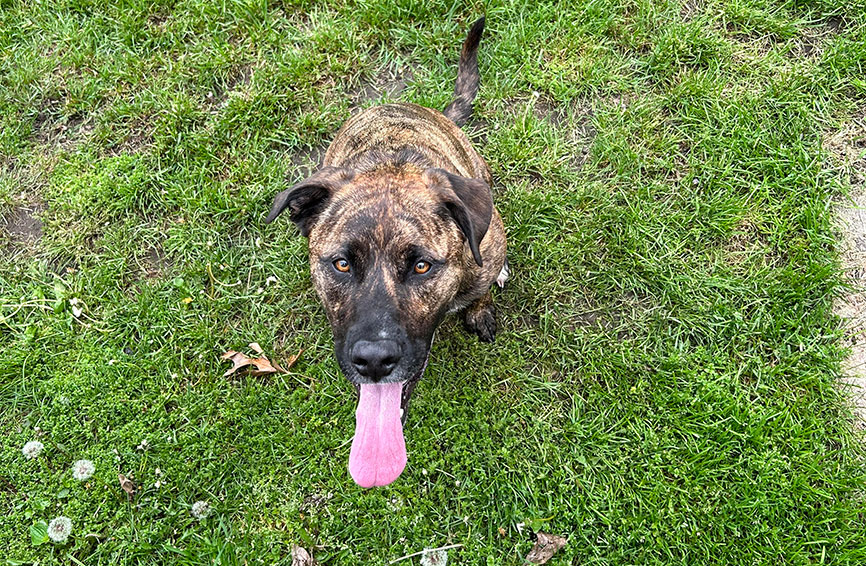Table of Contents
Introduction to bichon frises
The bichon frise is a small dog breed that is small, sturdy, and full of personality. These fluffy, white dogs are great companions that do well with children and other dogs. It’s almost impossible not to smile at a happy-go-lucky bichon frise because of all the charm, beauty, and comedy in the dog’s appearance and behavior.
Bichon frises are wonderful city dogs that are curious and alert. However, these adorable pups need plenty of attention and playtime to do well in a household. Like all dogs, the bichon frise is prone to certain health conditions based on genetics, which makes pet insurance a great idea so that you can plan for your dog’s future and never have to worry about unexpected medical bills.
Size of bichon frises
Bichon frises are small dogs but certainly not among the tiniest dog breeds that exist. At adulthood, they reach weights of between 12-18 pounds and heights of 9.5-11.5 inches tall. Bichon frises can become overweight, especially senior male dogs. This becomes problematic for the dog’s health when breathing becomes heavy, jumping becomes too difficult, and activity levels decline.
There are only very small differences in weight between male and female bichon frises, with males only slightly larger than females. Here’s how big you can expect your bichon frise to get when fully grown:
| Weight Chart | 3 months | 6 months | 12 months |
|---|---|---|---|
| Male and Female Bichon Frises | 3-4.9 lbs. | 5.4-8.8 lbs. | 6.6-11 lbs. |
Characteristics of bichon frises
There are certain characteristics that make a bichon frise unique among other dog breeds, including its merry gait, inquisitive expression, and soft coat. These dogs have a perky temperament and are very affectionate. They are sensitive and cuddly dogs that don’t like to be left alone but can be somewhat challenging to housetrain. Yet overall, they are adaptable dogs that are healthy, friendly, and easy to care for.
As you get to know a bichon frise’s personality, here’s what you can expect based on his or her breed characteristics.
| Breed Characteristic | Level (High, Medium, Low) |
|---|---|
| Affectionate with People | High |
| Good with Kids | High |
| Good with Pets | High |
| Need for Exercise | Medium |
| Energy Level | Medium |
| Intelligence Level | Medium |
| Ability to Be Trained | Medium |
| Amount of Barking | Variable |
| Amount of Shedding | Low |
History of Bichon Frises
Bichon frise dogs have been around for a long time and are associated with royalty in Spain, France, and Italy in the 13th century. They are Barbichon-type dogs that are believed to have developed on Tenerife in the Canary Islands, where they became popular with sailors. Before the late 1700s and the French Revolution period, bichon frises were pampered lapdogs. Francis I and Henry III were known to have these special pets by their sides. Over time, their popularity declined, and sadly, these dogs were commonly found on the street and left to fend for themselves.
However, bichon frises survived because of their ability to be skilled street performers and do tricks alongside peddlers and entertainers looking for spare change. Bichon frises became popular in the U.S. in the mid-1900s, and the Bichon Frise Club of America was founded in 1964 in San Diego. The American Kennel Club officially recognized bichon frises in 1972, and the dog’s popularity rankings have remained fairly steady in recent decades.
Bichon frise standard information
Since bichon frises are an officially recognized breed of dog, the American Kennel Club has designated breed standard information for the bichon frise. These nationally and internationally accepted standards outline the ideal physical and behavioral characteristics of the dogs for which to judge dogs at professional shows. For example, such characteristics include a plumed tail, compact structure, and white coloration.
Here is an overview of the breed standard information for bichon frises:
Head:
- Soft, dark, and alert eyes
- Drop ears covered in flowing hair
- Slightly rounded skull
- Scissors bite
Neck, Topline, Body:
- Arched neck that is long and carried proudly
- Level topline except for slight muscular arch over loin
- Rib cage moderately sprung
- Tail well plumed and curved gracefully
Forequarters:
- Shoulder blade, upper arm, and forearm approximately equal in length
- Shoulders laid back to about a 45-degree angle
- Feet tight and round like a cat
Hindquarters:
- Well-angled hindquarters with muscular thighs
- Leg from hock joint to foot pad perpendicular to ground
- Declaws can be removed
Coat:
- Soft and dense undercoat
- Coarser and curlier outercoat
- Plush or velvet feeling to the touch
Color:
- White but may have shadings of cream, buff, or apricot around ears or on body
- Shadings should be less than 10 percent of the entire coat
- Coloration is not faulted in puppies, however
Gait:
- Free, precise, and effortless gait
- Neck and head erect as speed increases
Caring for bichon frises
Caring for a bichon frise is a true joy because of how lovable these dogs are. They hate being left alone, however, and are prone to separation anxiety. Leaving a bichon frise alone for too long can also lead to destructive behavior. It is important to sign bichon frises up for obedience training so that they can be taught good manners and basic skills. These are low-shedding dogs but still a high-maintenance breed as far as grooming is concerned, which is something to consider if you plan to purchase or adopt a bichon frise.
Here are some general tips for taking the best care of a bichon frise
Best Living Environments:
- Apartments in cities
- Houses with small yards
- Homes with children and other dogs
Type of Exercise:
- Indoor games with family
- Playtime in a fenced yard
- Brief, high bursts of energy running around a house or yard
- Short walks in the neighborhood
Mental Enrichment:
- Should have frequent human interaction
- Try teaching tricks and to perform and entertain
- Agility training to stimulate the mind
Training Strategies:
- Can be difficult to housetrain
- Can bark a lot if left alone
- Crate training is recommended for these dogs
Grooming Tips:
- Low-shedding but prone to matting and tangles in the fur if not groomed frequently
- Be firm but gentle while training – no harsh corrections to crush the spirit
- Professional grooming is recommended due to the time and skill requirements for this dog
Common health problems of bichon frises
Fortunately, the bichon frise is a generally healthy breed of dog, but that doesn’t mean they are immune to certain medical conditions. Yet these are long-living dogs that have a typical life expectancy of 14 to 15 years, so you can expect to make many happy memories with your bichon frise by your side.
These are some of the most common health issues that arise with bichon frises:
- Dental disease
- Bacterial and viral infections
- Obesity
- Heart disease
- Portosystemic shunt, a liver disorder
- Cataracts, glaucoma, and other eye conditions
- Blood diseases like hemolytic anemia and thrombocytopenia
- Allergies
- Bladder and kidney stones
- Epilepsy
- Elbow and hip dysplasia
- Patellar luxation in the knees
- Spinal cord injuries in the neck
To address the most common health issues among bichon frises, the national breed club recommends that these dogs get a patella evaluation, ophthalmologist evaluation, and hip evaluation. Regular tooth brushing and ear cleaning are preventative measures you can practice to keep your bichon frise healthy.
Diet and nutrition for bichon frises
It is generally recommended to feed your bichon frise 0.5 to 1.5 cups of dry dog food per day, divided into two meals. Young, small, and inactive dogs need a quantity on the low end of that range, while healthy and active adult bichon frises will benefit from about a cup and a half per day.
Bichon frises have a high potential for weight gain, which means that you’ll need to closely monitor your dog’s food intake and avoid giving too many treats. Some good dog foods to try for your bichon frise include Whole Earth Farms Grain Free Small Breed Recipe With Chicken & Turkey, Blue Buffalo Wilderness Grain Free With Chicken, and LifeSource Bits For Puppy, and Wellness Complete Health For Small Breed Senior Dogs (Deboned Turkey & Peas Recipe).
Where to adopt or purchase bichon frises
The bichon frise is a purebred dog, which means that you can often find breeders that specialize in bichon frises. The Bichon Frise Club of America offers a breeder directory where you can search for bichon frise dogs based on your city and state. However, it is important to choose a reputable breeder that treats the dogs well and can provide you with certifiable health information about puppies’ parents.
The club also supports a bichon frise rescue organization, the Bichon Frise Club of America Charitable Trust, which has been rescuing these dogs since 2003 and has information about adoption rescue groups for these dogs. Other resources for adopting a bichon frise dog are PetFinder, AdoptaPet, and Small Paws Rescue.
Related breeds
Because of their fluffy white fur and baby-like faces, bichon frises are sometimes mistaken for poodles. Yet they are related to other small breed dogs that they share physical characteristics with as well. Here are some related breeds to the bichon frise that you may be interested in if this is the kind of dog you love.
Pet insurance for bichon frises
If you want your bichon frise to live a long, healthy, and happy life to the 14-15-year life expectancy range, you’ll need to keep up with regular vet visits and checkups to catch potential health issues early. Vet bills can quickly add up if your bichon frise has an accident or suddenly becomes sick, which is why pet health insurance through Healthy Paws is a great idea for these white and fluffy pups. We are the #1 customer-rated pet insurance plan and process most claims within two days with no maximum annual or lifetime payouts.
To see what pet insurance would cost for your bichon frise, request an instant, no-obligation quote on our website. We look forward to walking you through the coverage and policy options because your bichon frise deserves the very best care and all the love you can give.
